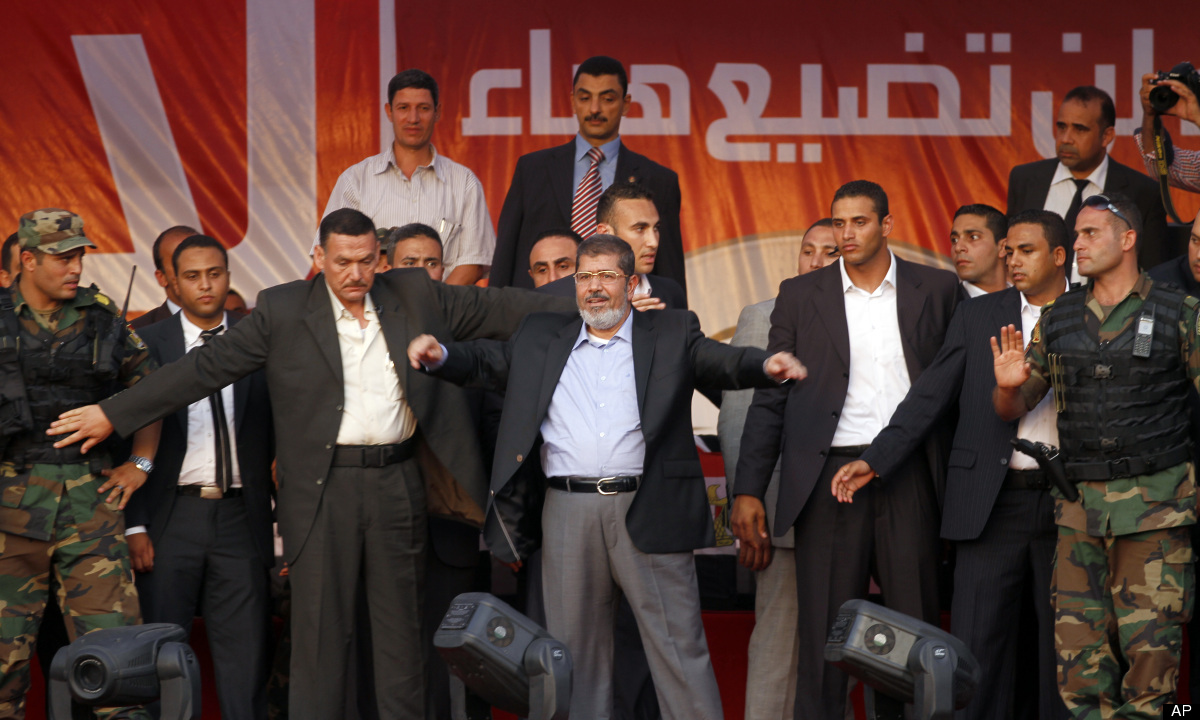The Quartet meeting scheduled to take place in Cairo on June 26-27 has been cancelled for a later date, yet to be determined, the press office of the Ministry of Foreign Affairs announced in a communiqué released on June 19.
The statement by the official spokesperson of the Ministry reported that although Egypt has not been officially notified about the delay, an earlier discussion between members of the Quartet and Foreign Minister Ahmed Aboul Gheit on June 16 suggested postponing the meeting for a few weeks. That is, until the situation in Palestine and the nature of Palestinian-Israeli relations, is clear.
Although the communiqué did not confirm the reason behind the delay, a report by AFP cited an Egyptian diplomat who spoke on a condition of anonymity, commenting that, It was not realistic to meet to talk about reviving a lasting peace process before we have a clearer idea of the Palestinian crisis.
The meeting which Egypt planned to host in Sharm El-Sheikh at the end of this month was to bring together the US, EU, UN and Russia, Israel and the Palestinian Authority It was to be followed by a meeting between the Quartet and an Arab League delegation, in an effort to “examine specific measures to end the violence between the Israelis and Palestinians and reach a comprehensive calm that will open the way to a resumption of the peace process, according to an earlier statement issued by the Ministry of Foreign Affairs regarding the Quartet meeting.
On Tuesday, Associated Press (AP) cited an anonymous European Union official who confirmed from Brussels that the Quartet gathering is likely to be postponed or held at a different location.
The initial reason for holding the meeting in Egypt was to allow for a joint meeting between Quartet members and the Arab Quartet, and Israel and the Palestinian Authority, the official said, quoted by AP. Due to the dynamic changes on the ground, the Quartet delegates might have to meet separately first in order to coordinate their position, AP reported, citing the EU official.
The recent clashes between Islamist Hamas and pro-Western Fatah have resulted in the break-up of the Hamas-Fatah unity government and a division of the Palestinian territories into Hamas-controlled Gaza and the Fatah-governed West Bank. Palestine is now virtually in a state of civil war. This inflicted a major blow to long-lasting efforts by US allies Egypt, Jordan and Saudi Arabia to bring a peaceful resolution to the ongoing Israeli-Palestinian conflict.


